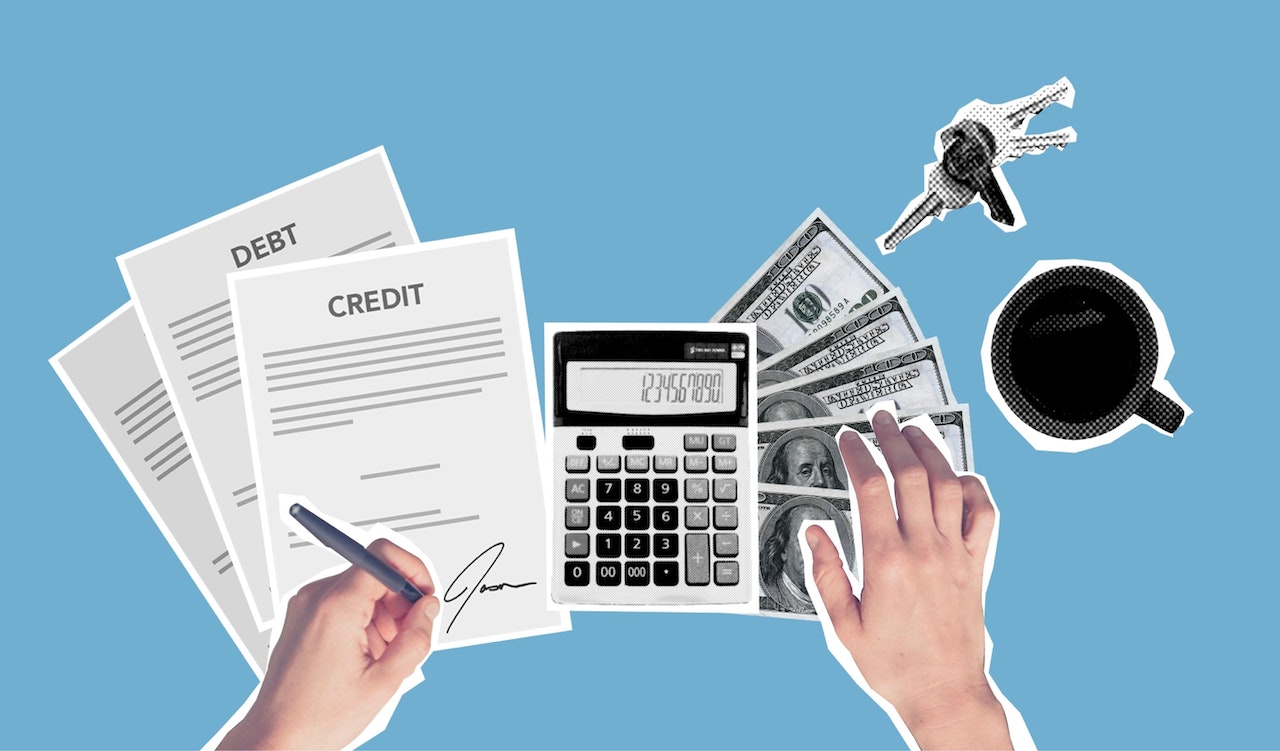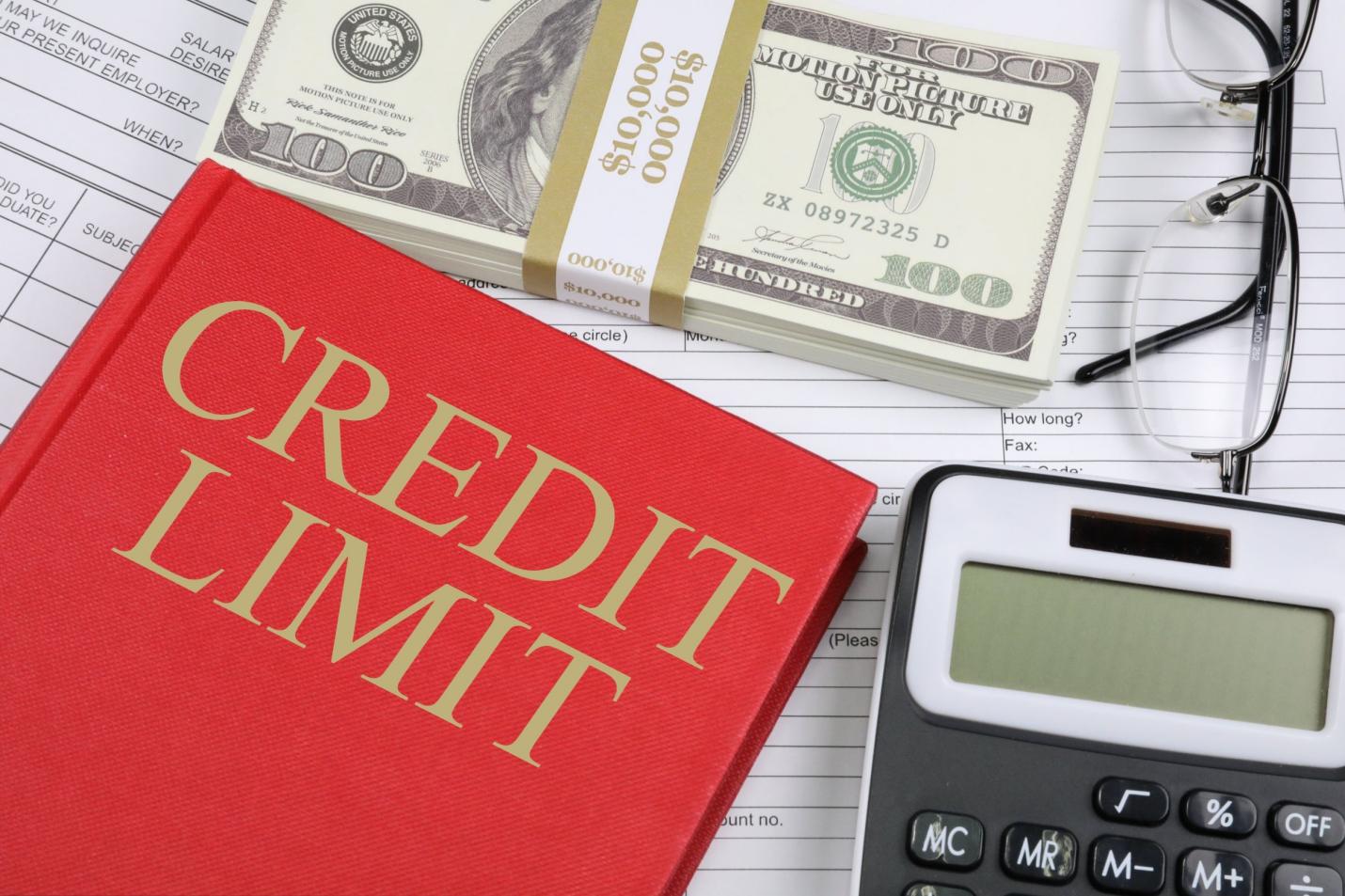What is a Credit Limit
Mar 30, 2023 By Kelly Walker
The maximum credit amount that a banking institution would offer a customer on either a credit card or a credit card line is known as a credit limit. Lenders typically determine credit limitations based on details about the credit-seeking individual, such as their financial and job situation. Credit limitations play a significant role in determining a consumer's credit score and future credit availability.
How Does a Credit Limit Work
A credit limit refers to the maximum amount of cash you can spend with a credit card or revolving credit account. The card limitations are determined by lenders depending on several variables, such as your income, credit score, and loan payback history. Lenders typically provide higher limits for debtors they consider to be less risky.
Both secured credits and unsecured credits have credit limits. The lender may set a greater limit if the credit line is secured or backed by assets, considering the worth of the asset. For instance, if you obtain a home equity line of credit or HELOC, the value of your house will determine a portion of your credit limit.
In general, lenders will issue greater credit limits to borrowers they believe to be at a lesser risk and lower credit limits to more risky ones.
A credit limit operates similarly, whether a credit card or a credit card line. You can use up to the available credit limit. In addition to your regular payment, you can be penalized or fined if you exceed the credit limit. You can employ the card or credit line until you hit the maximum if your spending falls below the cap.
What Factors determine your credit limit
The lender considers several factors when assessing your credit limit, including:
Your Payment History: The lender tracks your payment history, whether you have paid your obligations and bill on time, and whether you've skipped or delayed any payment.
Your Credit Score: If your credit score ranges from 300 to 850, it tells potential lenders whether you're creditworthy.
Your income: It is an important factor the lender considers when determining your capacity to repay loans.
Your credit usage: The lender also determines how much of your current credit limits you're utilizing.

What is Available Credit
Your available credit is the amount left over after deducting your account balance from your credit card limit on any specific card. Consider the scenario where your credit card limit is $1,000, and you have paid the entire amount during the previous billing cycle. You will still have $700 in available credit if you've spent $300 this billing cycle before reaching your credit limit.
Yet it's vital to understand that it is not advised to "max out" your credit card because doing so can lower your credit score.
After paying off your credit card amount in full, the available credit will reset back to $1,000. However, if you occasionally have a balance on the credit card, bear in mind your credit limit to prevent credit score loss or to get into debt that would be too tough to get out of.
Credit Limit Vs. Available Credit
There is a difference between available credit and a credit limit. The credit limit is the most you can borrow, but the available credit refers to the amount still accessible, even if you have an account balance.
For instance, if your credit limit is $1,000 and you incur $600, you still have $400 left over to spend. If you made a $40 payment, your amount would reduce to $560, so you'd now have $440 in available credit.
How Your Credit Score Affects Your Credit Limit
Your credit score, a vital figure that lenders use to determine whether or not to grant you new lines of credit and what rate of interest to charge you for it, can be impacted by your credit limits. That's because one of the elements used to determine your score is your credit usage ratio, which is the sum of debt you have at any particular time as a proportion of the total credit amount you have access to.
The better, the lower the proportion. In order to avoid exceeding your credit limits, it is wise to be aware of them. Lenders typically view credit utilization ratios higher than 30% negatively.
Why Does Your Credit Limit Matter?
An essential component of your financial portfolio is your credit limit range. One method to raise your credit score is to limit your expenditure to 30% or less of your credit limits. Also, you can prevent overspending and incurring debt by knowing your credit limitations and planning how much of them to use.
There are more ways to handle and keep your credit in good standing. You can set up automatic payments to make sure you pay your bills timely and maintain a good credit score. You may maintain good credit by varying your credit types, keeping an eye on the average lifespan of your accounts, and separating out your credit applications.
You are more likely to build a solid credit history, which may lead to more favorable loan terms if you use your credit per your lender's requirements and avoid exceeding your credit limits.

Apr 06, 2023 Kelly Walker

May 30, 2023 Kelly Walker

May 10, 2023 Kelly Walker

Aug 11, 2023 Kelly Walker

Oct 11, 2023 Kelly Walker

Mar 12, 2023 Kelly Walker
